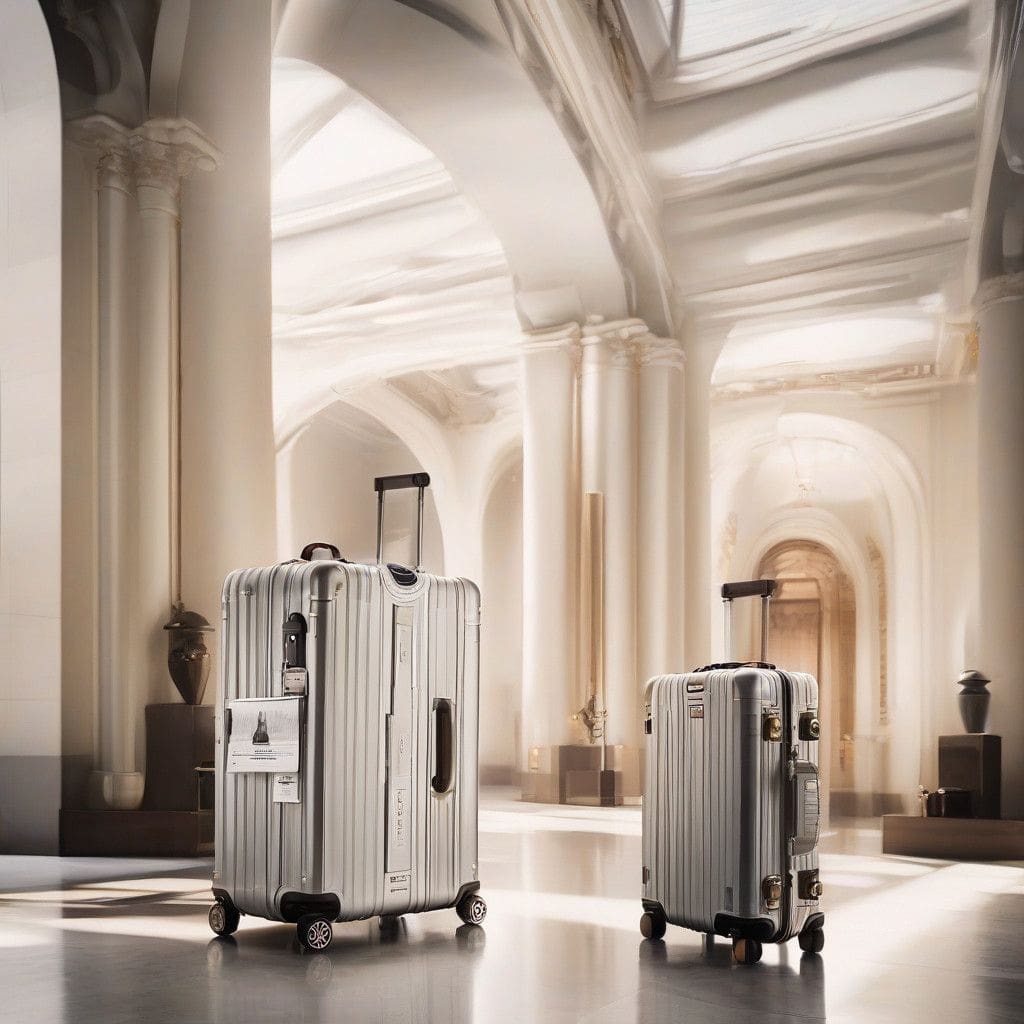In a challenging luxury market, Rimowa, the German luggage manufacturer owned by LVMH, is successfully finding its footing. According to CEO Hugues Bonnet-Masimbert, the travel industry may not return to its pre-pandemic levels, but that is not a setback for the brand. Interestingly, Rimowa’s sales have surged nearly fourfold over the past five years, with a sustained double-digit growth even as other luxury brands struggle.
A notable aspect of Rimowa’s strategy is the emphasis on functionality and innovation, which Bonnet-Masimbert refers to as “functional luxury.” This approach has resonated with consumers, distinguishing Rimowa from other luxury brands that focus primarily on high-end fashion. The notion of functional luxury appeals to customers who prioritize products that blend practicality with aesthetic appeal. For instance, Rimowa’s suitcases are designed with durability and functionality at their core, which has proven to be a significant draw for modern consumers.
Rimowa’s performance stands out in the luxury segment, particularly as competitors report declining revenues. While LVMH does not disclose the sales figures for individual brands, Rimowa is noted for maintaining solid momentum, even in difficult markets like China, which has seen a slump in luxury sales. Remarkably, Bonnet-Masimbert reports ongoing growth in the Chinese market, notwithstanding a wider hesitance among luxury brands operating there.
The evolution of Rimowa’s branding plays a crucial role in its success. Since LVMH acquired the company, there has been a deliberate and strategic repositioning from a utilitarian image to a luxury brand with sleek, minimalist branding. This has included high-profile celebrity endorsements and collaborations with avant-garde partners, elevating its cultural relevance. Collaborations with brands such as Off-White and La Marzocco have kept the brand in the conversation within luxury circles.
Rimowa has also revamped its distribution strategy, shifting from a wholesale model to a predominantly mono-brand retail structure. This change has allowed the brand more control over pricing and customer experience. Approximately 20 percent of sales now stem from online channels, aligning with shifting consumer behaviors favoring direct-to-consumer interactions, particularly post-pandemic.
The brand’s commitment to durability has also been manifest in initiatives like the unconditional lifetime warranty introduced in July 2022. This not only highlights their confidence in product quality but also communicates a message of sustainability, which is increasingly crucial for today’s consumers.
Another cornerstone of Rimowa’s continued expansion is its recent foray into new product categories. The launch of accessories like iPhone cases and packing cubes, as well as a recent entry into the handbag market with the Original bag, showcases an ambition to redefine the brand’s offerings. The new handbag, made in the brand’s signature aluminum, emphasizes the blend of status and practicality, reflecting a growing trend among contemporary luxury consumers who appreciate products that serve multiple purposes.
This strategic pivot mirrors broader consumer trends where luxury is not merely associated with brand prestige but with purpose and innovation. As observed by industry experts, the definition of luxury is evolving to encompass products that provide significant value and resonate with an individual’s lifestyle. Brands that can adapt to this realization are likely to thrive.
Rimowa’s successful navigation of a turbulent market demonstrates the effectiveness of its approach to innovation and functionality. Through a careful balance of brand heritage and modern demands, Rimowa not only remains relevant but is also positioned for future growth. The ongoing focus on “functional luxury” aligns with broader shifts in consumer preferences, suggesting that brands which innovate while remaining true to their core values can find pathways to success, even in challenging times.
In conclusion, Rimowa’s story is a compelling case study in the luxury space, showcasing how a heritage brand can leverage its strengths to adapt and thrive amid market fluctuations. With a commitment to quality, innovation, and a keen awareness of evolving consumer expectations, Rimowa is redefining what it means to be a luxury brand in the modern world.












